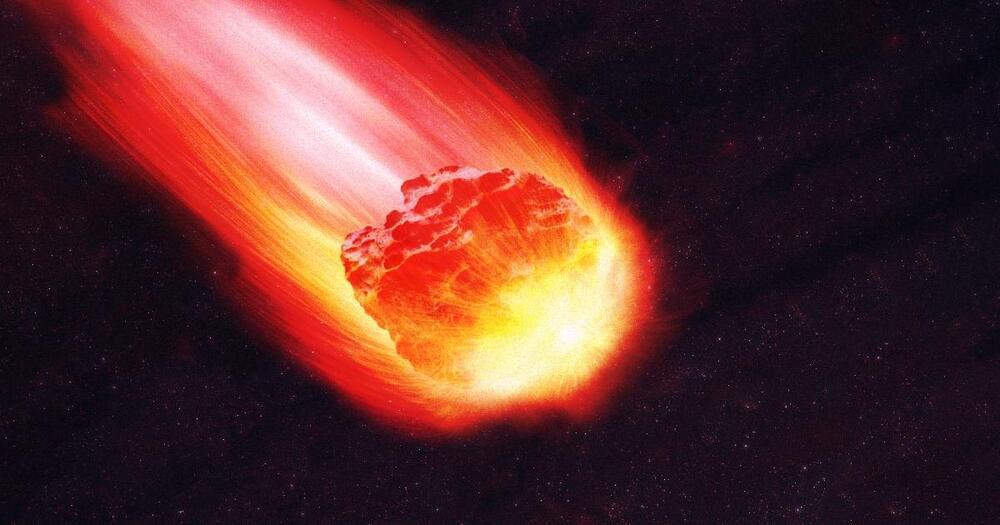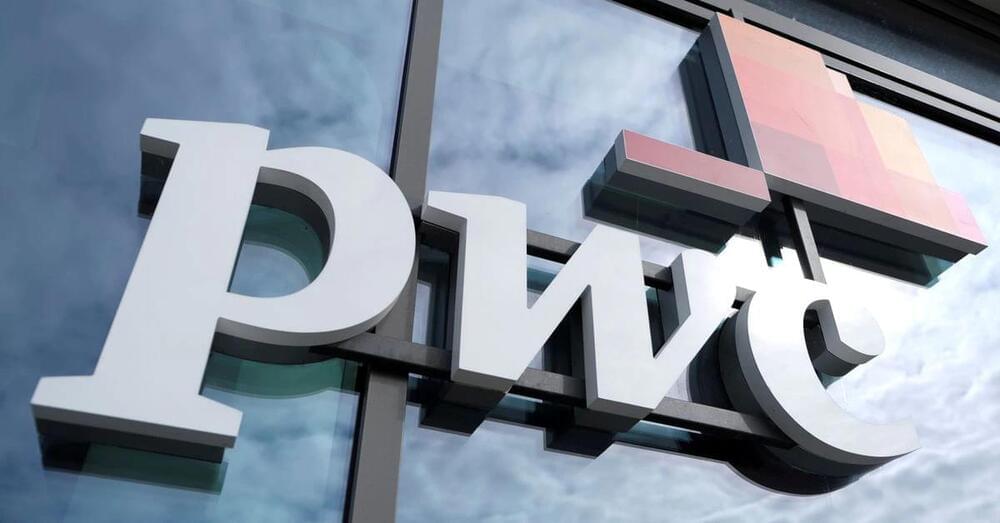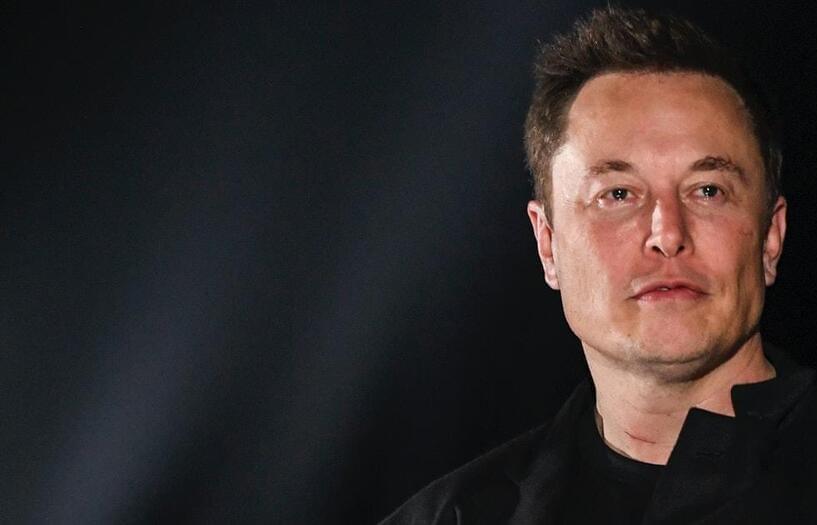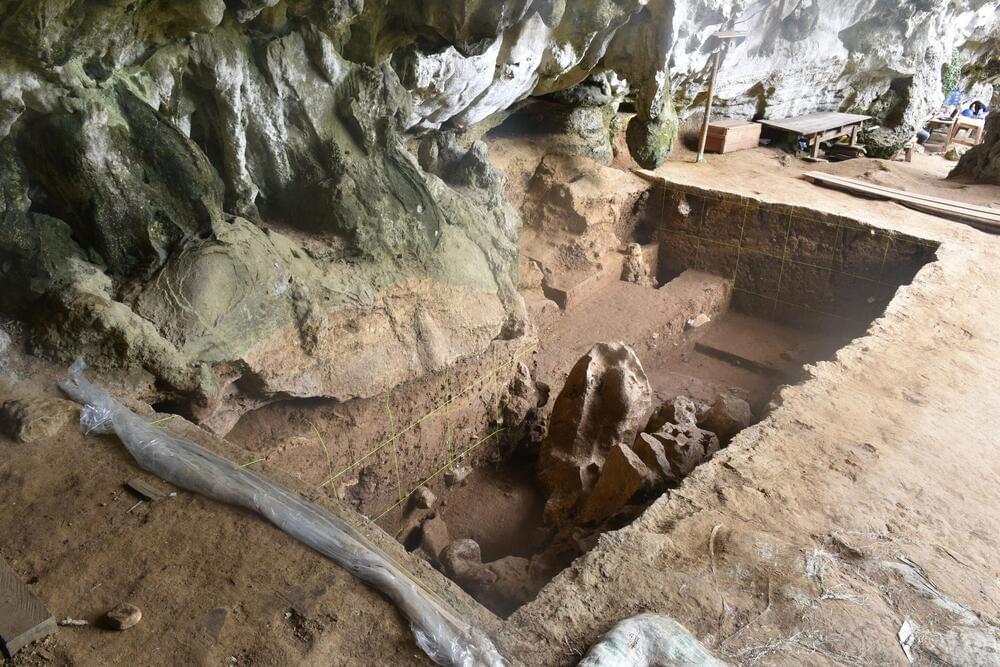In a cave on the Indonesian island of Sulawesi, an international team of researchers has unearthed a jawbone that represents the oldest human remains ever found in Wallacea. The group has published a paper describing their find on the open-access site PLoS ONE.
Over the past several decades, archaeologists have found evidence of ancient people living in Wallacea, a cluster of Indonesian islands relatively near to Australia. In a cave called Leang Bulu Bettue, they found tools, trinkets and cave art, but little in the way of human remains. In this new effort, the researchers found a jawbone with three molars attached. Dating of ornaments, pigments and portable art surrounding the find suggests the remains were from a modern human living in the area between 16,000 and 25,000 years ago, during the Ice Age. The find could shed light on the people who lived in the area during that time—scientists believe they were ancestors of people who arrived by boat thousands of years before, and the forebears of the first modern people to arrive in Australia.
Study of the jawbone showed that the person, whose gender is still unknown, suffered from a host of oral maladies. The molars were ground down, suggesting the person had used them as a tool for some purpose. And there was evidence of tooth loss, gum disease and cavities. This suggests the person’s diet was carbohydrate-heavy. Additionally, the person was likely older, and had small teeth, suggesting that, like other early island human species, those living on Sulawesi were likely small in stature compared to those living in Europe.





